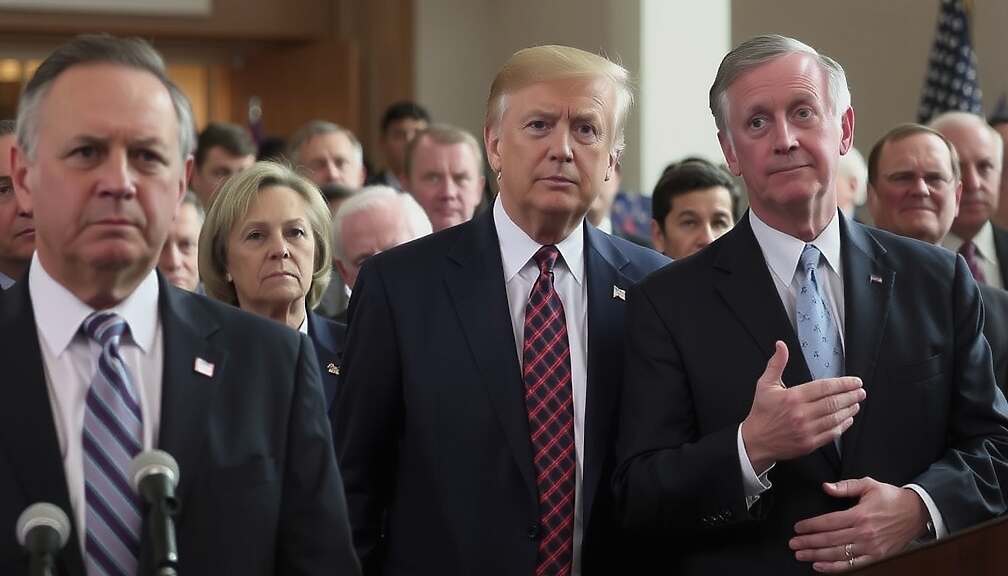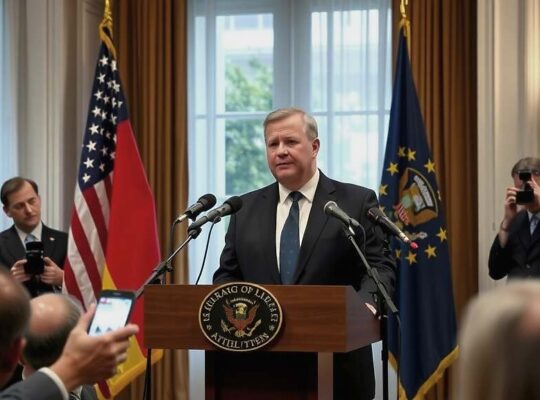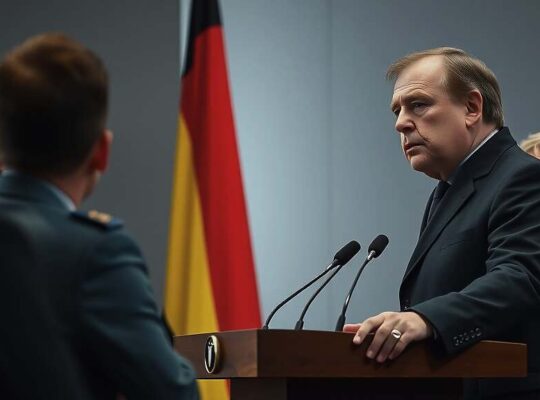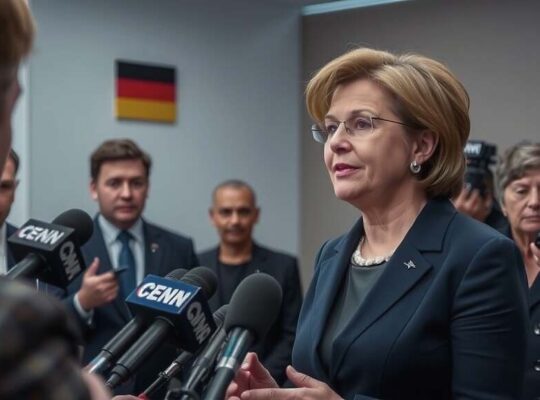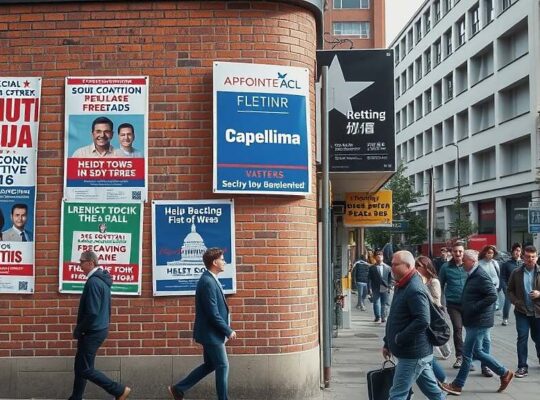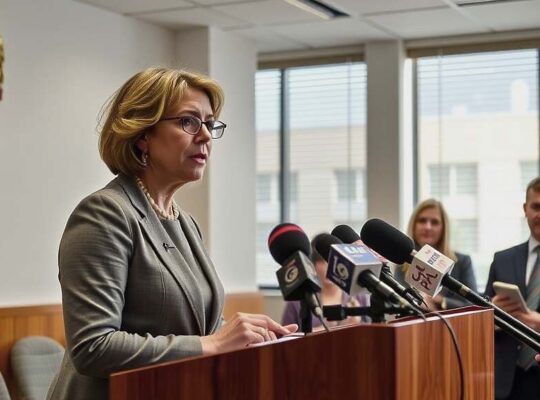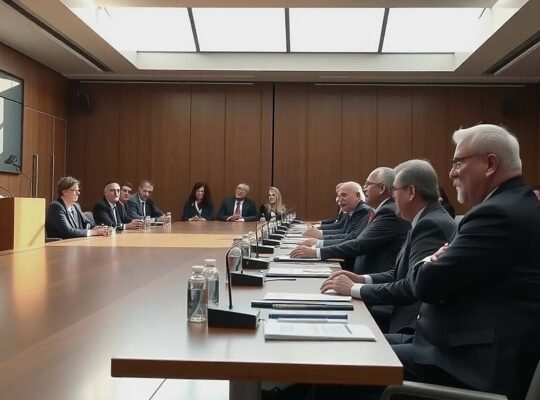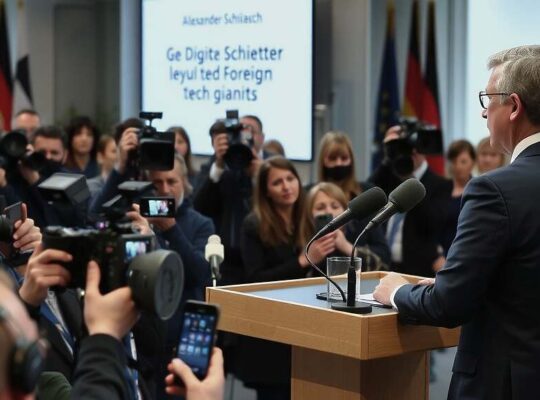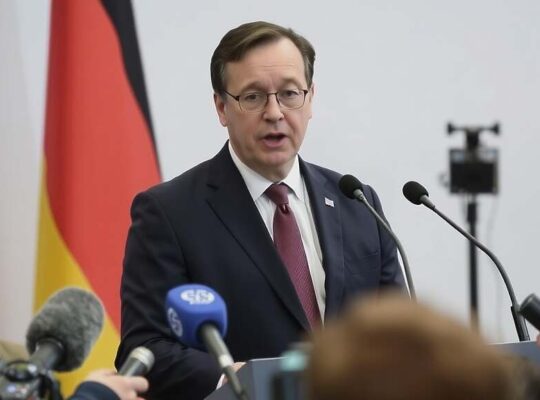The upstart political movement, Bündnis Sahra Wagenknecht (BSW), led by Sahra Wagenknecht, is escalating pressure on the German Bundestag with a formal request for a comprehensive recount of the recent federal election results. The party, which secured representation in parliament with a relatively small membership base of just under 3,000, is leveraging a contentious correction to a recent mayoral election to bolster its demand for increased transparency and accountability in the electoral process.
In a letter submitted to the electoral review committee, BSW’s legal representatives articulated a demand for a three-week advance notice period before the recount commences and a stipulation requiring the process to be concentrated at select locations within each constituency. This arrangement, they argue, would allow the party sufficient opportunity to closely monitor and verify the accuracy of the recount.
The request is predicated on the recent and controversial, revision of the mayoral election result in Mülheim an der Ruhr, North Rhine-Westphalia. Initially declared the victor for the SPD candidate, a subsequent recount unexpectedly confirmed the win for the CDU incumbent. Wagenknecht pointedly highlighted the discrepancy, questioning why a recount was deemed necessary in a scenario where the losing candidate’s deficit significantly outweighed the margin required for BSW to gain parliamentary seats. “If a recount was acceptable in Mülheim, it absolutely must be considered where the legitimacy of our nation’s highest democratic institution is at stake” she stated.
Wagenknecht’s challenge represents a direct confrontation with the powers that be. She has publicly accused those hesitant to initiate a recount of acting “undemocratically” signaling a strategy to portray the established political order as resistant to scrutiny.
The chairman of the electoral review committee, SPD parliamentarian Macit Karaahmetoglu, acknowledged receipt of the BSW’s letter but remained noncommittal regarding a timeline for a decision. His inability to provide a concrete timeframe only fuels the perception that the committee is reluctant to engage with BSW’s demands, potentially providing further ammunition for Wagenknecht’s narrative of obstruction and fostering deeper public skepticism regarding the integrity of the electoral process itself. This escalating dispute shines a light on the increasingly fragmented German political landscape and the rising influence of populist movements seeking to challenge the status quo.


